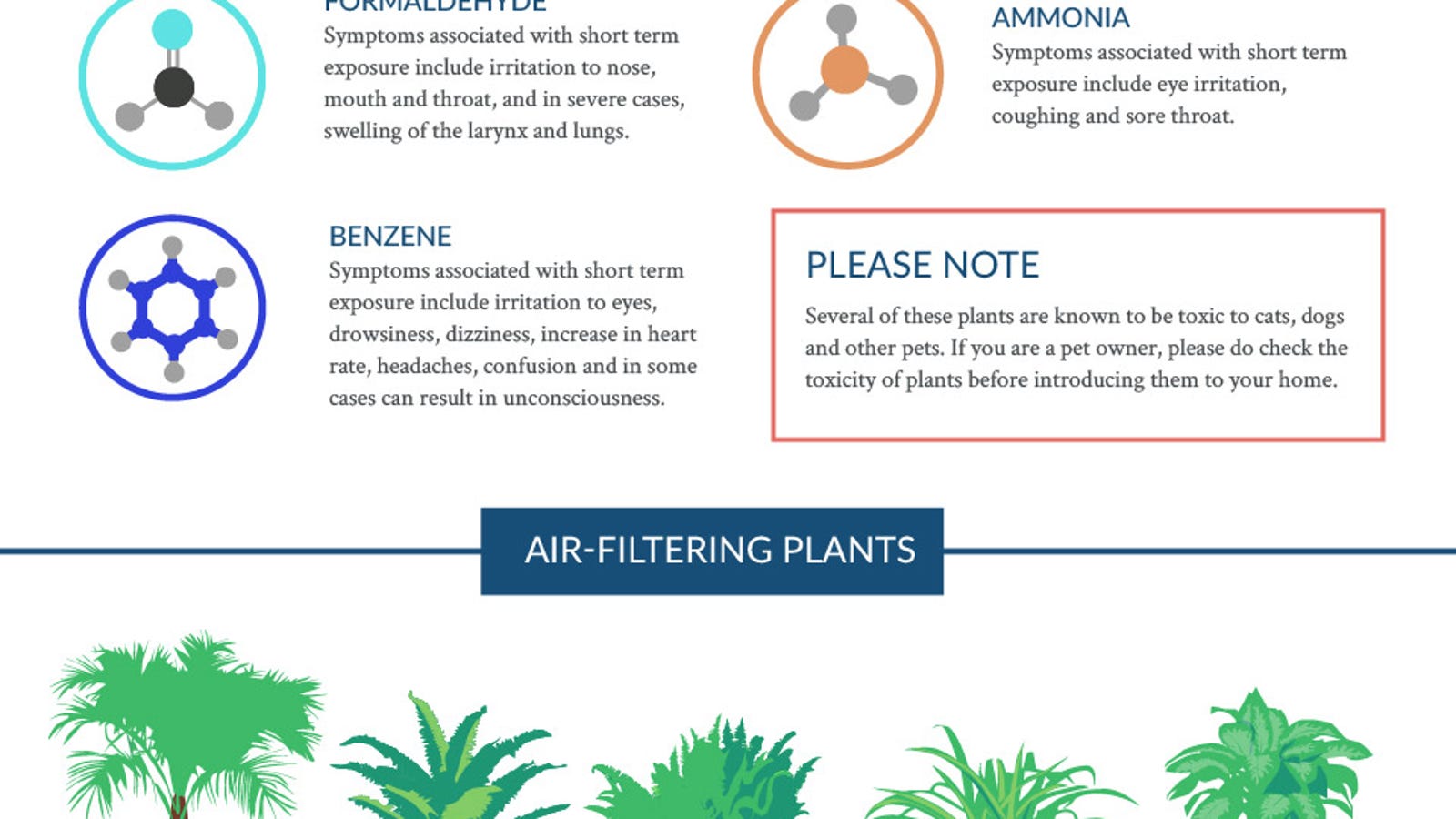The Future Of Home Heating - How Heatpump Modern Technology Is Progressing
The Future Of Home Heating - How Heatpump Modern Technology Is Progressing
Blog Article
Article Author-Marshall Ringgaard
Heatpump will certainly be a crucial technology for decarbonising heating. In a situation regular with governments' introduced energy and climate commitments, their global capacity doubles by 2030, while their share in home heating rises to one-quarter.
They function best in well-insulated homes and rely on electricity, which can be provided from a sustainable power grid. Technical developments are making them much more reliable, smarter and less expensive.
Fuel Cells
Heatpump make use of a compressor, refrigerant, coils and fans to relocate the air and warm in homes and devices. They can be powered by solar power or power from the grid. They have been getting appeal as a result of their inexpensive, quiet procedure and the ability to create electrical energy throughout peak power demand.
Some companies, like IdaTech and BG MicroGen, are working on fuel cells for home heating. These microgenerators can change a gas boiler and generate a few of a home's electric requirements with a connection to the electrical power grid for the rest.
However there are factors to be hesitant of using hydrogen for home heating, Rosenow says. It would certainly be costly and ineffective compared to other innovations, and it would include in carbon discharges.
https://thhcdev.github.io/mgyb-thug/dc-installation-services.html and Connected Technologies
Smart home technology allows homeowners to attach and regulate their gadgets remotely with the use of mobile phone apps. For example, wise thermostats can learn your heating choices and instantly adapt to maximize energy usage. Smart lighting systems can be controlled with voice commands and immediately turn off lights when you leave the area, decreasing power waste. And https://observer-reporter.com/news/localnews/air-conditioning-a-hot-commodity-this-summer/article_ba3ba306-f194-11ec-8423-9f31ae4bca26.html can monitor and handle your electric usage, enabling you to recognize and restrict energy-hungry appliances.
The tech-savvy home shown in Carina's interview is a great illustration of just how residents reconfigure space heating techniques in the light of brand-new clever home innovations. They depend on the devices' automatic attributes to carry out everyday adjustments and concern them as a hassle-free ways of performing their heating techniques. Therefore, they see no reason to adapt their practices further in order to enable flexibility in their home energy demand, and treatments aiming at doing so might deal with resistance from these homes.
Electrical power
Given that warming homes make up 13% people exhausts, a button to cleaner alternatives might make a large distinction. However the technology faces obstacles: It's costly and needs considerable home remodellings. And it's not constantly compatible with renewable energy resources, such as solar and wind.
Until lately, electric heatpump were also costly to compete with gas versions in the majority of markets. Yet brand-new advancements in style and materials are making them more budget friendly. And far better cool climate efficiency is enabling them to operate well also in subzero temperature levels.
The following action in decarbonising heating might be making use of heat networks, which attract heat from a main resource, such as a nearby river or sea inlet, and distribute it to a network of homes or structures. That would reduce carbon emissions and enable households to make the most of renewable energy, such as green power from a grid provided by renewables. This option would certainly be much less pricey than switching over to hydrogen, a nonrenewable fuel source that calls for brand-new infrastructure and would only lower carbon dioxide exhausts by 5 percent if coupled with boosted home insulation.
Renewable resource
As electrical energy prices drop, we're beginning to see the same fad in home heating that has driven electric cars and trucks right into the mainstream-- however at an also faster speed. The solid environment instance for impressive homes has been pushed better by brand-new research.
Renewables represent a considerable share of contemporary warm usage, but have actually been provided limited policy interest globally compared to other end-use markets-- and also much less focus than power has. Partly, this reflects a mix of customer inertia, divided incentives and, in lots of nations, subsidies for fossil fuels.
New modern technologies can make the change much easier. For example, heatpump can be made more energy reliable by changing old R-22 refrigerants with new ones that do not have the high GWPs of their precursors. Some experts likewise picture area systems that attract heat from a close-by river or sea inlet, like a Norwegian arm. The warm water can then be utilized for heating and cooling in a neighborhood.